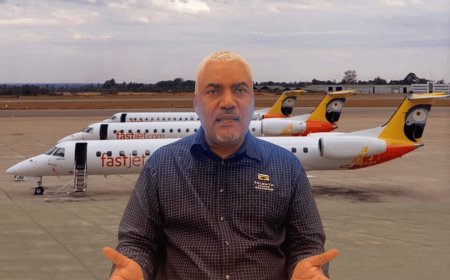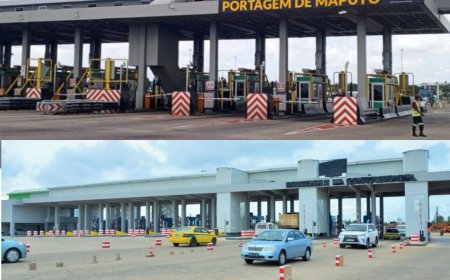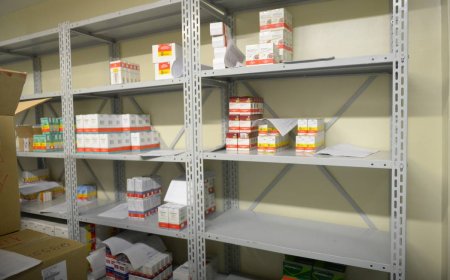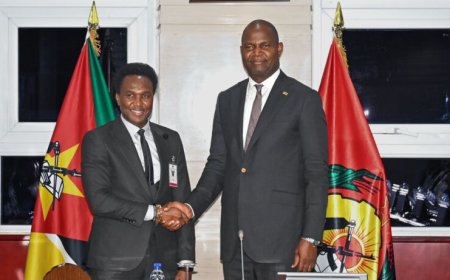Treasury crisis in Mozambique: Experts suggest turning to Sovereign Wealth Fund
Mozambique's state coffers are grappling with an unacknowledged treasury crisis, threatening not only the regular functioning of state organs but also putting at risk the upcoming general elections scheduled for October. This critical situation arises at a time when the country, through the Coral Sul FLNG project, has already made 46 shipments of liquefied natural gas (LNG) to international markets, as recently announced by President Filipe Nyusi. However, the revenues generated from these exports remain uncertain, awaiting the establishment of policies for their use through the newly created Sovereign Wealth Fund.
The liquidity crisis in public finances has sparked significant concern among economists and analysts, who point to the Sovereign Wealth Fund as a potential temporary solution to ease the public accounts. Egas Daniel, a respected economist affiliated with the International Growth Centre at the London School of Economics, suggested in an interview with TORRE.news that the funds deposited in the Sovereign Wealth Fund could be used to mitigate the treasury crisis facing the government, provided that clear rules for their use are established.
"This problem could be addressed by turning to the Sovereign Wealth Fund, for example. Although rules for its use would need to be established, this would be a viable resource to tackle the crisis," Daniel stated. He also emphasized that the government should consider accelerating the Fund's operationalization or reassessing the relevance of keeping the money untouched in a crisis like the current one.
Meanwhile, Rui Mate, a researcher at the Center for Public Integrity (CIP), also told TORRE.news that revenues from the Coral Sul project have been allocated to the Sovereign Wealth Fund since the end of 2022. However, the lack of transparency regarding the management of these revenues and the prolonged discussions on the Fund's operationalization have generated distrust and uncertainty. "The government has claimed that these revenues are kept in an account, but there is no clarity on whether they are generating income (interest) or not. The pressure from the current liquidity crisis and the need to finance the elections may have led the government to use these funds, with the Sovereign Wealth Fund receiving amounts only next year," Mate warned.
The situation is exacerbated by the lack of operational structures within the Sovereign Wealth Fund, with only the supervisory commission publicly announced. The absence of an investment team and a clear management strategy calls into question the effectiveness and timing of the Fund's implementation, which, even if operational, may take time to generate tangible revenues. "There should be some waiting period until the Fund's gains are felt," Mate added.
In addition to the treasury crisis, the lack of state financing is directly impacting the violation of the Political Parties Law, which stipulates the timely allocation of funds for organizing electoral campaigns. Less than ten days before the official start of the campaign, parties have yet to receive the 260 million meticais needed for political propaganda, and other critical sectors for conducting the elections, such as the police and media, are also awaiting funding.
The financial crisis and the consequent lack of international support, due to the discredit of Mozambican electoral processes, have forced the government to find internal solutions to ensure the elections take place. Last May, the government assured that it was developing investment policies and a management contract for the practical operationalization of the Sovereign Wealth Fund, approved by Parliament at the end of 2022, with projected revenues of $6 billion annually by 2040. However, the realization of these instruments has yet to materialize, leaving the future of the Fund and public finances in suspense.




















